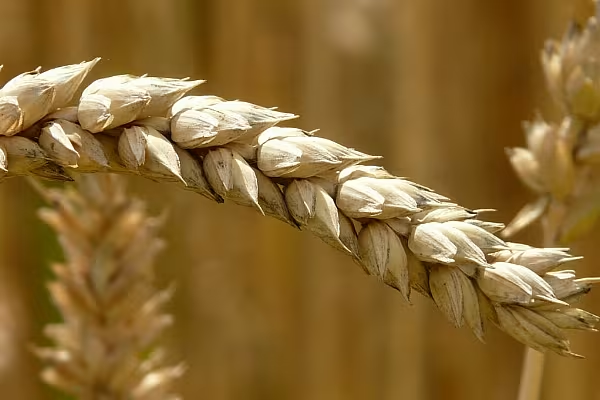Brazil's southernmost state of Rio Grande do Sul, battered by heavy rains earlier this year, is expected to reap 4.07 million metric tonnes of wheat this season, 55.27% more compared to the previous cycle, crop agency Emater said.
The agency estimated, however, that the area planted with wheat in Rio Grande do Sul will total 1.3 million hectares (3.2 million acres), a drop of 12.84% compared to the previous year.
If the projection is confirmed, Brazil's stance in global wheat markets could change.
On one hand, Brazil could potentially reduce its overall wheat purchases in coming months, as it does not produce enough for domestic consumption. According to trade data compiled by wheat millers lobby Abitrigo, Brazil acquired 2.76 million tonnes of wheat from Argentina, the US and Canada in the year through May.
On the other hand, more supplies could help it explore more opportunities abroad. Brazil exported 2.17 million tonnes through June, according to grains exporters lobby Anec.
Unprecedented Flooding
Emater director, Claudinei Baldissera, told a press conference that the projected planted area already takes into account the effects of unprecedented flooding last month, adding farmers reduced their wheat area due to price factors and issues related to rural insurance accessibility.
"Even if there had been no calamity, there were signs the wheat area would be reduced," he said.
Baldissera added the climate disaster, which submerged entire cities, killed livestock and partly damaged crops like soy, also caused a loss of nutrients in the soil in many parts of the state, contributing to a reduction in wheat planting intentions.
According to Emater's weekly report, climate risks and the economic frustration of the last harvest also led farmers to plant less wheat.
An expected 77% increase in wheat yields, however, should more than compensate a reduction of the wheat area, which lost some space to canola, Emater said.











